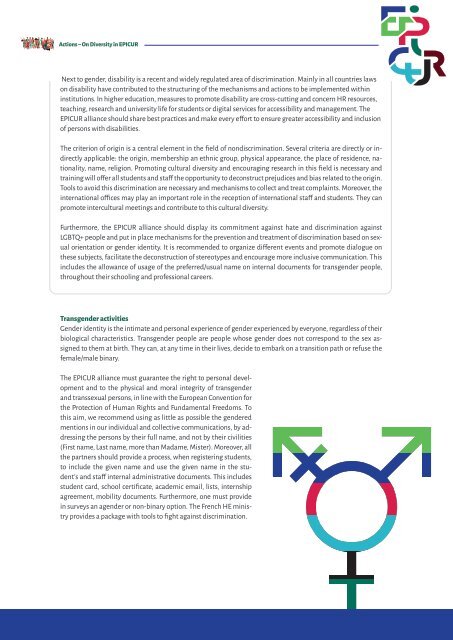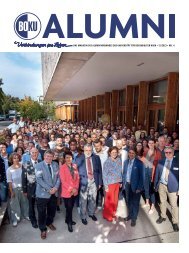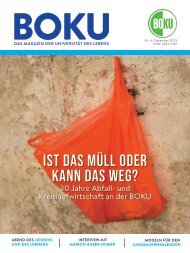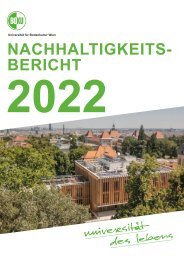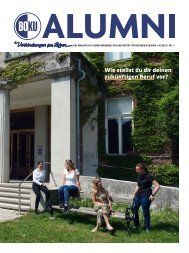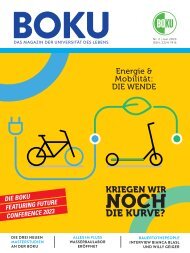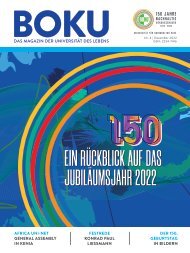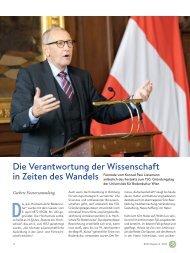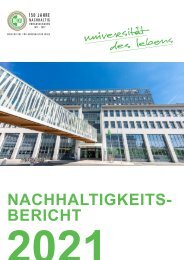EPICUR EDI Toolkit
Create successful ePaper yourself
Turn your PDF publications into a flip-book with our unique Google optimized e-Paper software.
Actions – On Diversity in <strong>EPICUR</strong><br />
Next to gender, disability is a recent and widely regulated area of discrimination. Mainly in all countries laws<br />
on disability have contributed to the structuring of the mechanisms and actions to be implemented within<br />
institutions. In higher education, measures to promote disability are cross-cutting and concern HR resources,<br />
teaching, research and university life for students or digital services for accessibility and management. The<br />
<strong>EPICUR</strong> alliance should share best practices and make every effort to ensure greater accessibility and inclusion<br />
of persons with disabilities.<br />
The criterion of origin is a central element in the field of nondiscrimination. Several criteria are directly or indirectly<br />
applicable: the origin, membership an ethnic group, physical appearance, the place of residence, nationality,<br />
name, religion. Promoting cultural diversity and encouraging research in this field is necessary and<br />
training will offer all students and staff the opportunity to deconstruct prejudices and bias related to the origin.<br />
Tools to avoid this discrimination are necessary and mechanisms to collect and treat complaints. Moreover, the<br />
international offices may play an important role in the reception of international staff and students. They can<br />
promote intercultural meetings and contribute to this cultural diversity.<br />
Furthermore, the <strong>EPICUR</strong> alliance should display its commitment against hate and discrimination against<br />
LGBTQ+ people and put in place mechanisms for the prevention and treatment of discrimination based on sexual<br />
orientation or gender identity. It is recommended to organize different events and promote dialogue on<br />
these subjects, facilitate the deconstruction of stereotypes and encourage more inclusive communication. This<br />
includes the allowance of usage of the preferred/usual name on internal documents for transgender people,<br />
throughout their schooling and professional careers.<br />
Transgender activities<br />
Gender identity is the intimate and personal experience of gender experienced by everyone, regardless of their<br />
biological characteristics. Transgender people are people whose gender does not correspond to the sex assigned<br />
to them at birth. They can, at any time in their lives, decide to embark on a transition path or refuse the<br />
female/male binary.<br />
The <strong>EPICUR</strong> alliance must guarantee the right to personal development<br />
and to the physical and moral integrity of transgender<br />
and transsexual persons, in line with the European Convention for<br />
the Protection of Human Rights and Fundamental Freedoms. To<br />
this aim, we recommend using as little as possible the gendered<br />
mentions in our individual and collective communications, by addressing<br />
the persons by their full name, and not by their civilities<br />
(First name, Last name, more than Madame, Mister). Moreover, all<br />
the partners should provide a process, when registering students,<br />
to include the given name and use the given name in the student’s<br />
and staff internal administrative documents. This includes<br />
student card, school certificate, academic email, lists, internship<br />
agreement, mobility documents. Furthermore, one must provide<br />
in surveys an agender or non-binary option. The French HE ministry<br />
provides a package with tools to fight against discrimination.<br />
Page 25


